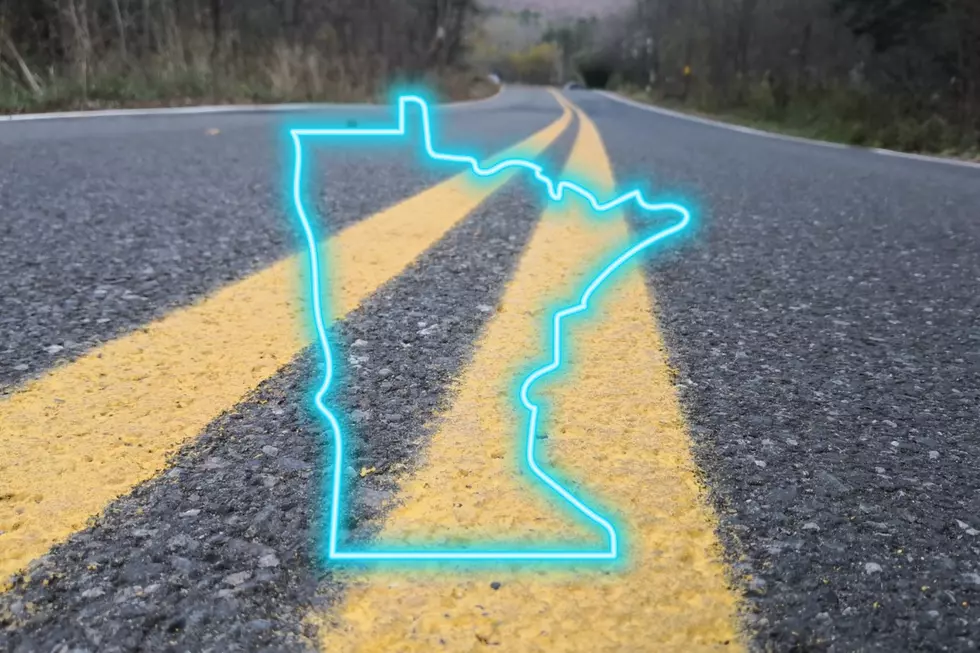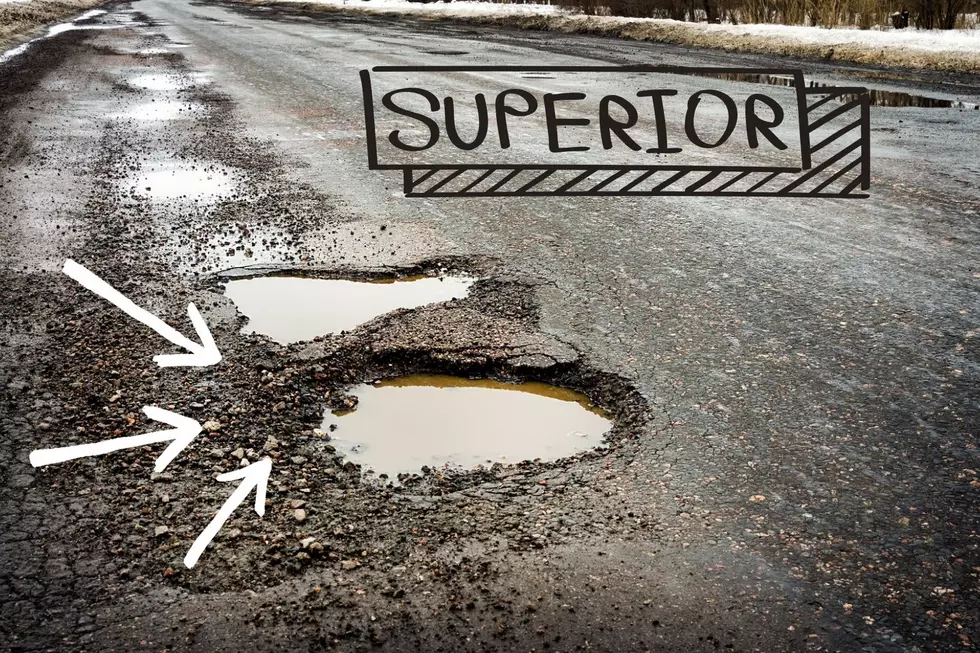
Douglas County Offers ‘Stay Cool’ Tips To Protect From Extreme Heat
As the Northland starts to see the first warm summer temperatures of the season, local agencies are providing tips to stay cool and information about protecting yourself from the extreme heat. Summer 2022 is expected to be a warm one, and being smart about the temperatures is not only a matter of comfort levels, it can also be a medical and safety issue.
Douglas County officials are passing along info sourced by the Wisconsin Climate and Health Program to offer ways to stay healthy and safe when the weather turns warm. Although Wisconsin isn't generally included on the list of geographic areas that one would consider a "hot climate", extreme heat conditions can and do happen.
Extreme heat affects people in different ways - depending on their age and their overall health conditions. Often, the heat will worsen or solidify underlying conditions like asthma, heart disease, and even allergies. And while "heat-related illnesses among babies and older adults are typically most severe", health officials in the state tend to "see the most ER visits among people ages 15 to 34".
So what are some ways you can protect yourself? Those details from the Wisconsin Climate and Health Program include the following:
- Be on the lookout for heat-related symptoms. Weakness, dizziness, feeling nauseous, muscle cramps, and more. If symptoms don't improve, see a doctor or call 911 immediately.
- Beware of hot cars. Never leave a child, person with a disability, elderly persons, or pets in a parked car - even for a short time. On an 80-degree day, temperatures inside a car will reach 100-degrees in less than ten minutes.
- Check on neighbors and loved ones. Look for signs of heat-related illness - especially if the person is elderly and lives alone.
- Avoid the hottest parts of the day. If you need to be outside - for work or activities - try to do it in the cooler parts of the day. Mornings and evenings are ideal. Wear loose-fitting, light clothing and be sure to hydrate and take frequent breaks.
- Stay informed. Keep up to date with the weather forecast so that you'll know how to react.
State and county officials also provide some good tips for staying cool during extreme heat events. They include:
- Utilize air conditioning. A pro-tip suggested by the state: If you don't have your own air conditioning, head to libraries, malls. and other public places to keep cool.
- Take a cold or cool shower. Cold water can help to lower your body temperature; a cold shower will even reduce your body temperature faster than air conditioning.
- Stay hydrated and drink plenty of fluids. Also, avoid alcohol and hot, heavy meals.
As serious as heat-related symptoms and conditions can be, it's worth noting that we don't experience a lot of hot temperature days in the Northland. When we do, be prudent about your response.
10 Major Summer Weather Events In Northland History
10 Things Northlanders Look Forward To Every Summer
TIPS: Here's how you can prepare for power outages
More From B105









